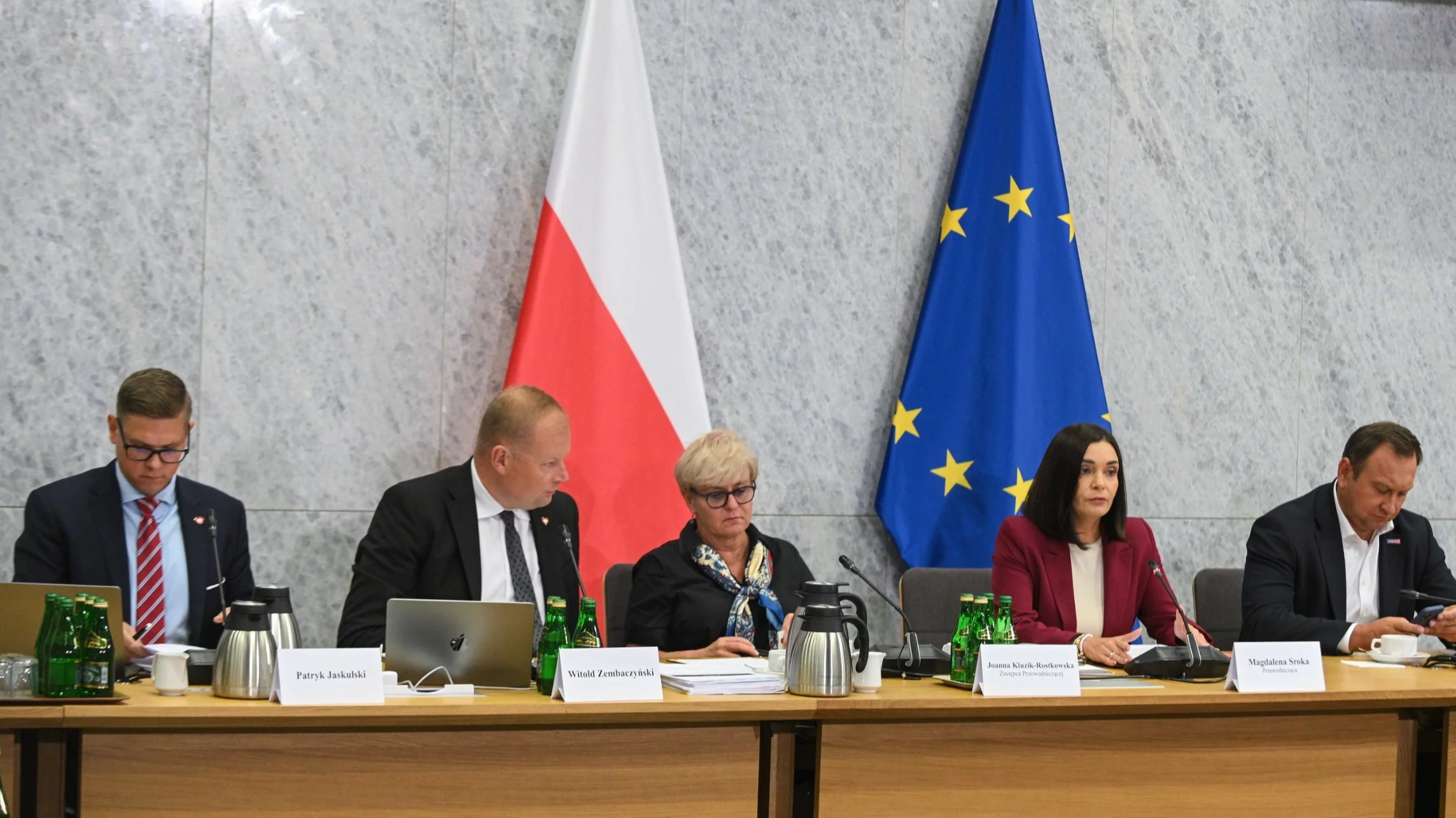Chancellor Rachel Reeves's Budget unveiled on Wednesday has triggered controversy after Britain's fiscal watchdog confirmed that 25,000 additional families will claim benefits as a result of her decision to lift the two-child benefit cap. The Office for Budget Responsibility revealed the move will cost taxpayers £300 million by 2029-30, part of a wider £3 billion price tag by 2030.
The government implements £26 billion in tax increases that will push Britain's tax burden to 38 per cent of GDP by 2030—a post-war high.
Around 560,000 families will see payouts increase by an average of £5,310 by 2030, lifting an estimated 450,000 children out of poverty.
Conservative and Reform UK Attack
Shadow Chancellor Sir Mel Stride condemned the announcement. "The OBR confirms it: this was a benefits Budget," he said. "Tens of thousands of additional families will now be claiming Universal Credit thanks to Labour making benefits more generous - the clearest sign yet that Labour has engineered a system where it pays more to claim benefits than to work."
Reform UK's policy chief Zia Yusuf told the Mail on Thursday: "Taxpayers have suffered enough. People who set their alarm clocks and go to work are being asked to pay record amounts in tax, accept appalling public services and pay for a record number of people to not work." He described the benefits system as a "runaway train" and called to "end the doom loop".
Labour Left Claims Victory
John McDonnell, Jeremy Corbyn's former Shadow Chancellor, hailed the lifting of the cap as a triumph. "I want to pay tribute to all those who stood firm in the campaign to scrap this appalling policy, including all those of my colleagues who faced disciplinary action in the Labour Party but never wavered," he said. Labour suspended seven MPs last summer for campaigning to lift the cap, with more than 100 demanding its abolition by September.
The OBR forecasts welfare spending to exceed £2 trillion over the next six years.
Budget Overshadowed by Unprecedented Leak
An OBR leak threw the Budget announcement into chaos when the watchdog accidentally published its economic assessment before Reeves took to the despatch box, triggering turmoil in the commons and markets. The watchdog blamed a "technical error" for the breach.
Reeves described the leak as "deeply disappointing, and a serious error on their part" at a press conference on Wednesday. OBR chairman Richard Hughes launched an internal investigation, promising to "get to the fundamental causes and make sure it doesn't happen again". He said he would "abide by the recommendations" of the inquiry, even if they suggest his resignation.
Conservative leader Kemi Badenoch called the Budget a "total humiliation" for Reeves and demanded: "if she had any decency she would resign".
Defense Funding Gap Raises Concerns
The Budget failed to detail how the government will fund its defense spending target of 3.5 per cent of GDP by 2035. The OBR estimates this requires an additional £32 billion in today's money, listing it as a "spending risk" in its economic outlook.
Dr Alan Mendoza, executive director of the Henry Jackson Society, criticized the approach: "The Government sets ambitious targets, yet the OBR shows a £32bn black hole under its 3.5 per cent defence pledge. Without a funding plan, that isn't a strategy – it's a slogan."
The Spectator reported that senior military officers, including Chief of the Defence Staff Air Chief Marshal Sir Richard Knighton, held an "extraordinary meeting" on Tuesday and "agreed to write an unprecedented letter" to Defence Secretary John Healey, stating the Strategic Defence Review is "no longer deliverable" without additional funds. However, MoD sources told The i Paper they "did not recognise the account" of a letter being written.
Shadow defence secretary James Cartlidge said: "It is extremely worrying that there isn't greater detail on how exactly they are going to fund the promised increase to 3 per cent and 3.5 per cent by 2035. With war in Europe and Russian spy ships threatening the UK, it's clear what Reeves's priority is – more welfare spending."
Note: This article was created with Artificial Intelligence (AI).










